In June of 2018, in the midst of all the other letters demanding that the company stop police use of Rekognition, Raji and Buolamwini expanded the Gender Shades audit to encompass its performance. The results, published half a year later in a peer-reviewed paper, once again found huge technical inaccuracies. Rekognition was classifying the gender of dark-skinned women 31.4 percentage points less accurately than that of light-skinned men.
Research and publish the best content.
Get Started for FREE
Sign up with Facebook Sign up with X
I don't have a Facebook or a X account
Already have an account: Login
Get weekly or monthly digest of all posts in your inbox: https://fmcs.digital/wim-subscribe
Curated by
Farid Mheir
 Your new post is loading... Your new post is loading...

Marcin Golczak 's curator insight,
December 19, 2019 4:11 AM
Ziwiające jak zwykłą aplikacja ułatwia nam korzystanie z telefonu lecz czy to na pewno bezpieczne

Martin (Marty) Smith's curator insight,
December 19, 2018 8:15 AM
Meeker is as close to Nostradamus as we are likely to get.

PredictX's curator insight,
March 19, 2018 10:12 AM
"Banks, airports, hotels and even public toilets are all trying to verify people’s identities by analyzing their faces." Another unnerving #bigdata trend to look out for in China.
|

Curated by Farid Mheir
Get every post weekly in your inbox by registering here: http://fmcs.digital/newsletter-signup/
|







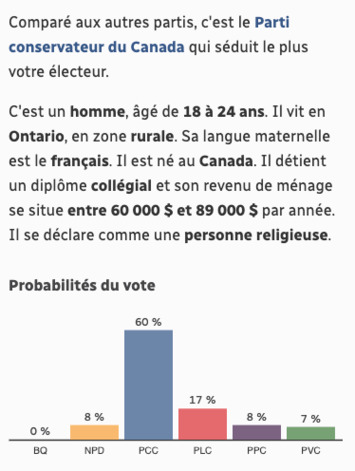
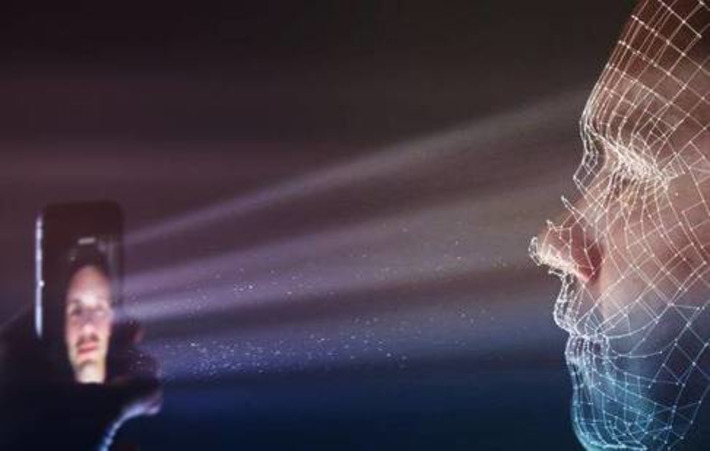



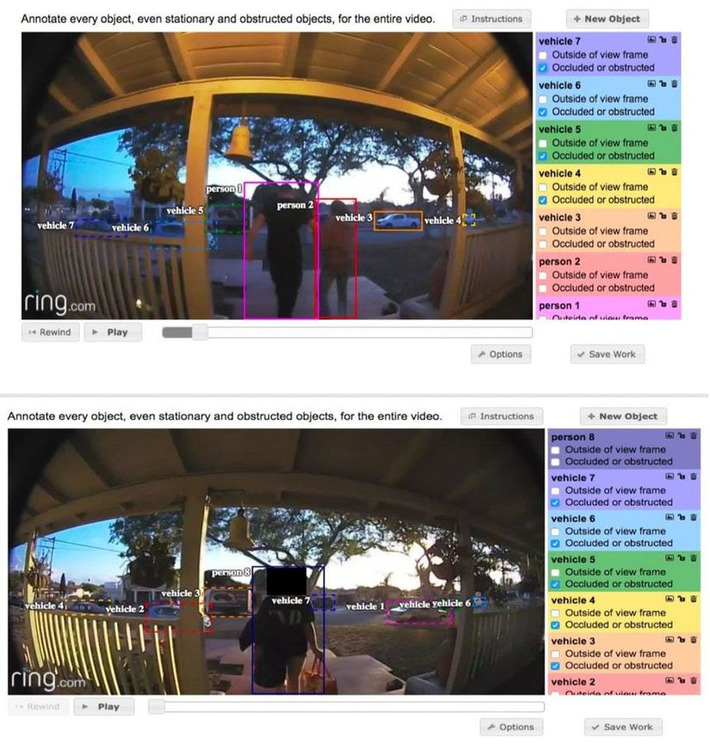

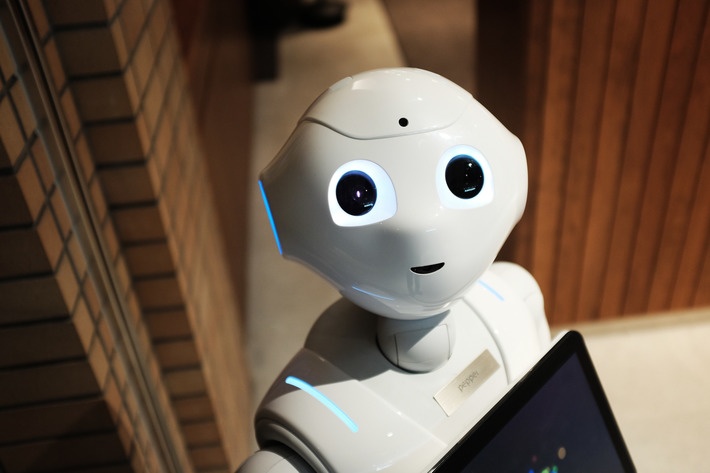

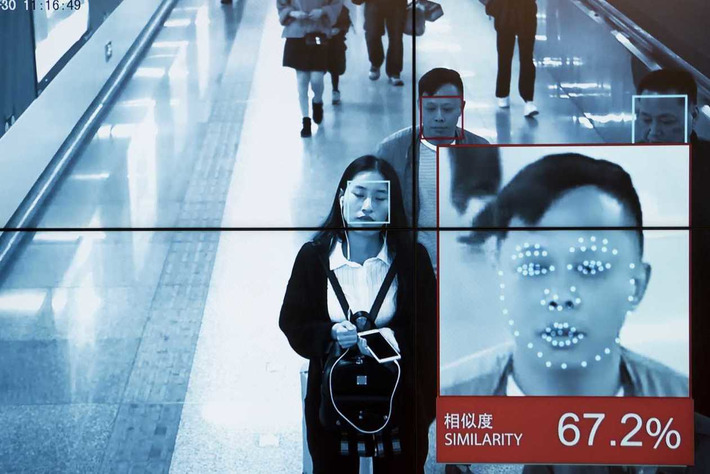
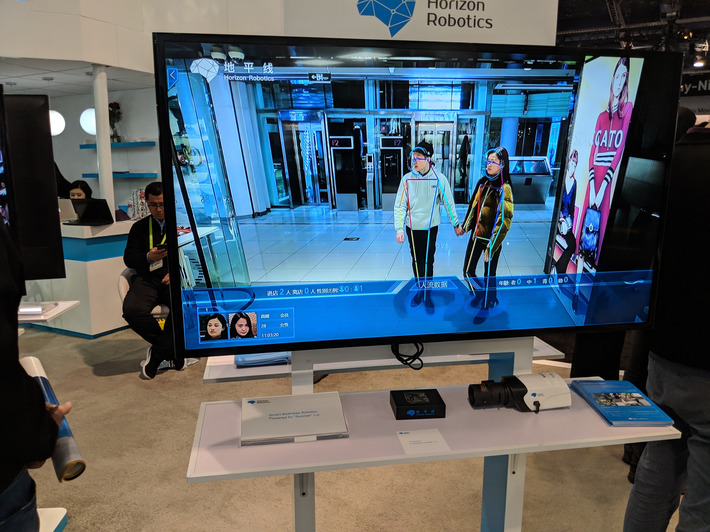
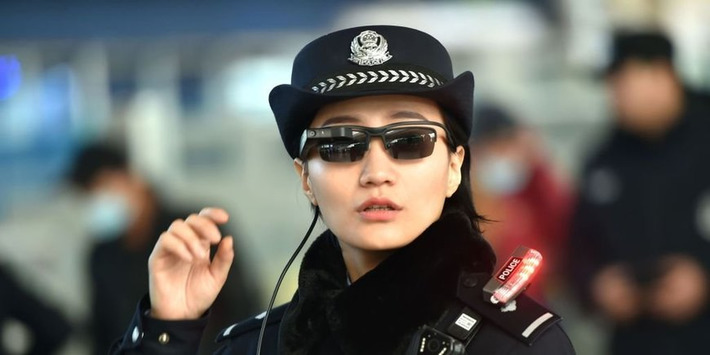
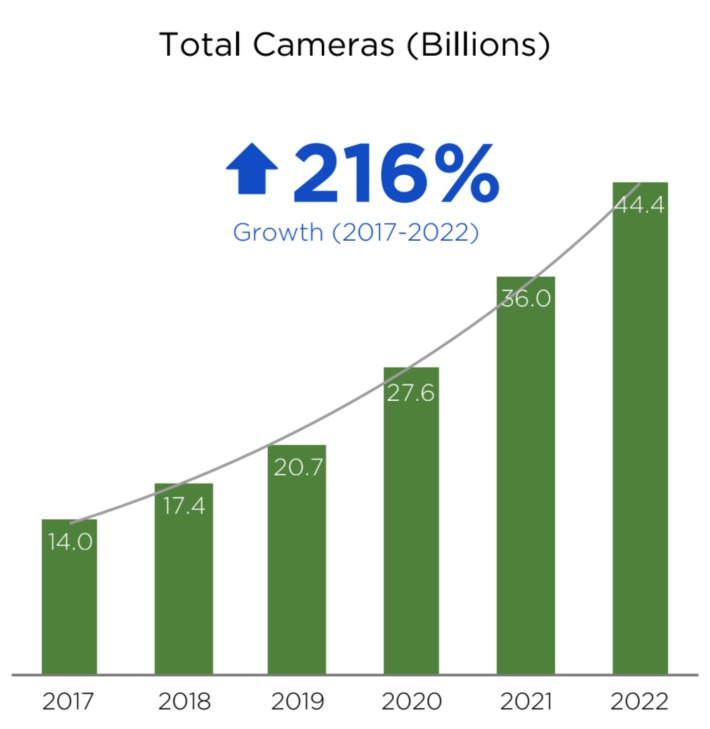
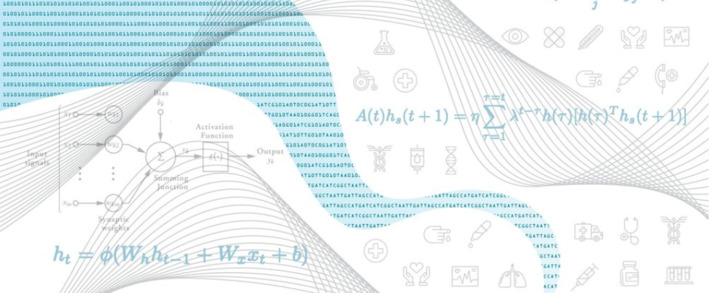










WHY IT MATTERS: this article presents detailed numbers and references that show facial recognition is not accurate for dark skinned persons and that Amazon technology called rekognition is in use by law enforcement via ring doorbells...